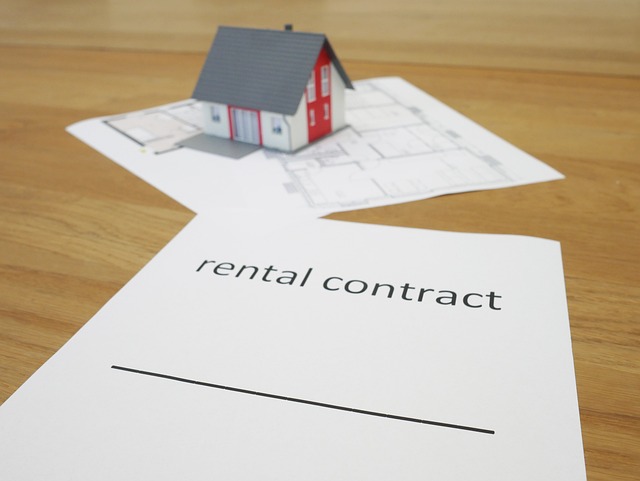Essential lease timelines and notice periods for international renters
Planning a move to Dubai involves more than finding an apartment — it requires understanding lease timelines, notice periods, and tenancy obligations. This overview helps international renters prepare documentation, budget for commitments, and set expectations for utilities, maintenance, and potential restrictions such as pets or subletting.

Moving to Dubai as an international renter means balancing timing, paperwork, and practical living concerns. Lease timelines and notice periods can directly affect budget planning, tenancy security, and moving logistics. This article outlines the typical scheduling factors you should consider before signing a lease, how notice periods commonly work, and what documentation and responsibilities landlords and tenants usually expect regarding utilities, furnishing, maintenance, pets, subletting, and commute-related choices.
What lease timelines and tenancy terms should international renters expect?
Lease durations in Dubai often reflect the needs of landlords and tenants alike; many agreements run for around 12 months, though shorter or longer terms are possible. International renters should review start and end dates carefully, including any clauses about renewal and rent review periods. Look for explicit timelines for moving in, handover conditions, and any probationary terms that allow early termination. Understanding these timelines helps align relocation plans, flight bookings, visa arrangements, and furniture delivery schedules while reducing the risk of overlapping financial commitments.
What documentation is required for rentals in Dubai?
Documentation requirements commonly include proof of identity, visa or residency details, and sometimes local or international references. Landlords or agencies may ask for a copy of your passport, residency visa or entry permit, and a signed tenancy contract registered with the relevant local authority. International renters should prepare proof of income or employment, a UAE bank account or bank reference when possible, and contact information for referees. Registering the tenancy contract through official local systems is often necessary for utilities setup and for ensuring the contract is legally recognized.
How do notice periods affect your budget and commitments?
Notice periods determine how far in advance you must inform a landlord to end a lease and can influence your budget if moving plans change. Many tenancy agreements include fixed notice windows that may range from a few weeks to several months; failing to comply can result in forfeited deposits or continued rent liability. When planning a move, factor in overlapping rent payments, potential break fees, and the cost of any required property repairs. Keeping a contingency fund in your housing budget helps absorb unexpected notice-related costs and short-term housing overlaps.
How to handle utilities, furnishing, and maintenance responsibilities?
Utility setup and ongoing charges are typically defined in the lease: some rentals include utilities in the monthly rent, while others require tenants to contract and pay for services directly. Clarify which utilities are included and who is responsible for connection fees. Furnishing arrangements vary—some apartments come fully furnished, others part-furnished, or unfurnished—so check inventory lists and condition reports at handover. Maintenance responsibilities should be listed in the tenancy; routine upkeep may fall to tenants while structural or system repairs are usually a landlord obligation. Keep written records of reported issues and repairs.
How do commute and walkability influence apartment selection?
Consider commute times and walkability when choosing a rental, as these factors affect daily life and overall costs. Proximity to public transport, major roads, or workplace hubs can reduce travel time and transport expenses, while neighborhoods with good walkability provide easier access to shops, groceries, and services in your area. Evaluate the local commute during typical work hours and check how easily utilities and deliveries can be arranged. Balancing rent level with convenience often yields better long-term satisfaction than selecting purely on price.
What rules apply to pets and subletting in tenancies?
Pet policies and subletting permissions are typically set out in the lease and can differ widely between properties. Some landlords prohibit pets entirely, others permit them with conditions such as additional deposits or clauses detailing behavior and damage responsibility. Subletting often requires explicit landlord approval, and unauthorised subletting can breach tenancy terms and lead to termination. International renters should confirm these points in writing, understand any additional charges or insurance needs, and ensure compliance with local building or community rules to avoid disputes.
In summary, international renters in Dubai should prioritise clarity around lease timelines, notice periods, and documented responsibilities before committing to a tenancy. Reviewing contract clauses related to documentation, utilities, furnishing, maintenance, commute considerations, budget impacts, pets, and subletting reduces surprises and supports smoother transitions. Careful advance planning and written confirmations of agreed terms provide greater certainty when relocating internationally.






